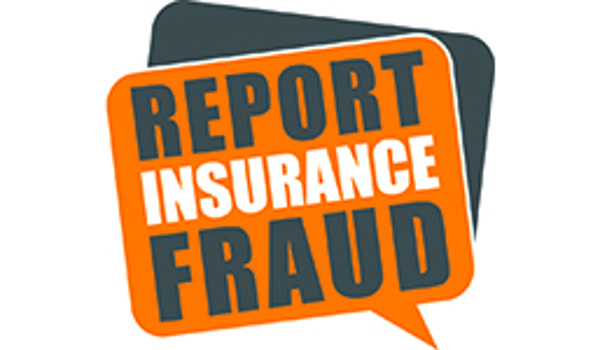IFB and Aviva warn misleading claims ads are leaving vulnerable people seriously out of pocket

Consumers are being urged to be extra cautious when searching for their insurer online, as it’s revealed countless vulnerable people are being targeted by paid-ad spoofing scams every day.
Paid-ad spoofing involves unscrupulous firms paying for search engine adverts that misrepresent trusted insurers. People looking to make a claim can unwittingly contact a third-party via an ad and think they’re dealing with their insurer, only to be trapped in legal agreements with unknown firms and facing thousands of pounds in costs.
The Insurance Fraud Bureau (IFB) is currently investigating several firms suspected of being linked to the activity. To stop the issue growing, IFB and Aviva have launched a joint campaign - which includes an awareness video being promoted on YouTube - to help people understand how paid-ad spoofing scams work and avoid being caught out.
Ursula Jallow, Director at IFB, said:
“The scale and complexity of paid-ad spoofing scams is significant. Millions use and search for insurance services each day, and it only takes a small number of people to fall for paid-ad scams for a string of dodgy firms to greatly profit from their misfortune.
“There’s a minefield of claims hi-jackers out there and consumers must be vigilant. We’re collaborating closely with Aviva and the wider industry to tackle the issue. Anyone with concerns of paid-ad spoofing claims scams must report it to our CheatLine.”
Aviva along with other major insurers is increasingly finding their customers have been targeted by paid-ad spoofing scams, with around a dozen unscrupulous firms now known to have misrepresented themselves as the insurer’s claims management team.
Many of Aviva’s customers who have been deceived are more vulnerable and include those who are elderly or in distress in the immediate aftermath of an accident.
When people realise they’re not receiving services they thought were included as part of their insurance policy, they face a helpless situation of being chased by third parties to pay for unsolicited fees. In one instance a claims firm even pursued a person for over £50,000 in costs.
Pete Ward, Head of Claims Counter Fraud at Aviva, said:
“When a customer has a car accident, they look to their insurer to assist them in their time of need. The willful misleading of consumers at their most vulnerable point – usually searching for their insurer’s claims details at the roadside after an accident –is causing anxiety and financial stress to those involved.
“Aviva has been working with the IFB, law enforcement and the wider insurance industry, to make consumers aware of the online scammers and protect them from these unscrupulous actors. We hope this will prevent others from being targeted by paid-ad spoofing.”
How do paid-ad spoofing scams work?
When someone uses a search engine like Google to contact their insurer and make a claim, misleading ads paid for by unscrupulous firms can trick victims into contacting them instead.
The victim is asked for their personal details to receive ‘support services’ and potentially make a claim, which results in a network of unsolicited agreements with third parties.
While any type of insurance customer can be a victim of a paid-ad spoofing scam, those who have been involved in a road collision are considered most at risk as they may be shaken after an accident and not be thinking clearly when looking to make a claim.
These victims may also believe their fully-comp car insurance covers everything, but as they don’t realise they’re not dealing with their insurer, thousands in fees are being racked up.
Who pays these fees varies. If the other driver is at fault, the firm will claim against their insurer to cover the costs of its unsolicited services. In these cases, the affected individual may not realise they have been linked to a scam.
However, if the other driver is not at fault of the collision, the onus is placed on the person who was misdirected into contacting the claims firm for support, to cover all costs that otherwise could have been included through their insurer. These fees can run into tens of thousands of pounds and can result in non-stop threatening calls to the victim from third-party firms.
How can I avoid falling victim?
Consumers must be vigilant when searching for their insurer online. They should check the phone number and website URL on any ads to help ensure it's legitimate, before sharing personal information and agreeing to claims services.
Ideally, customers should keep their insurer’s contact details on their phone or written down somewhere secure (these contact details are on a policy document).
More information on avoiding the pitfalls of paid-ad spoofing is available here.
If anyone has concerns relating to paid-ad spoofing claims scams, they should tell their insurer and report it to IFB’s CheatLine (powered by CrimeStoppers) on 0800 422 0421 or online.


